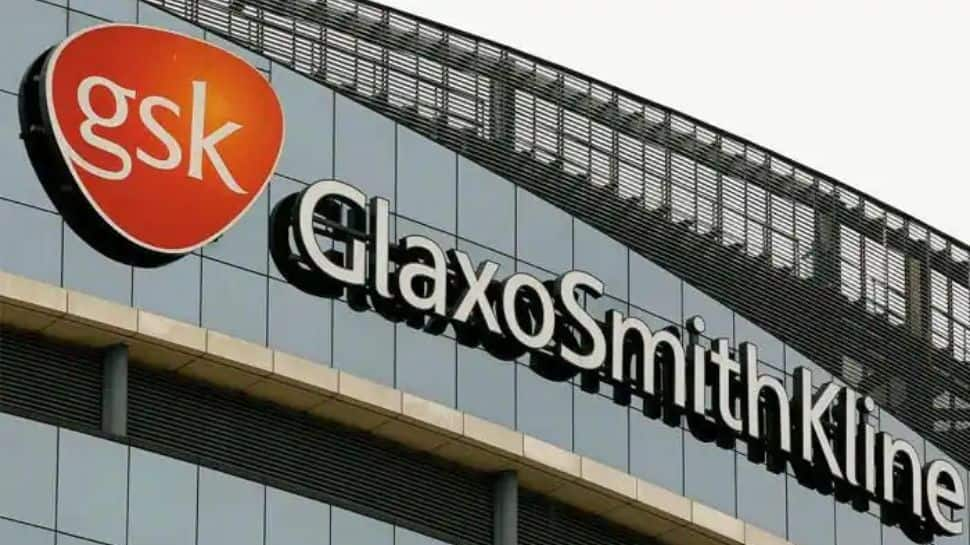GlaxoSmithKline announced on Saturday that it has turned down an unsolicited 50 billion pound ($68.4 billion) bid from Unilever for its consumer healthcare goods unit, which it controls in a joint venture with Pfizer. According to a statement on the company’s website, Unilever made three proposals last year, “the final on December 20 ‘were all rejected’ on the premise that they fundamentally undervalued” the operation and its future prospects.

GlaxoSmithKline plc (GSK) is a multinational pharmaceutical corporation based in London, England. GSK was the world’s sixth largest pharmaceutical firm in 2019, according to Forbes, after Pfizer, Novartis, Roche, Sanofi, and Merck & Co. GSK was founded in 2000 by a merger of Glaxo Wellcome and SmithKline Beecham. GSK is the tenth largest pharmaceutical firm in the world, rated #296 on the 2019 Fortune 500, after China Resources, Johnson & Johnson, Roche, Sinopharm, Pfizer, Novartis, Bayer, Merck, and Sanofi, among others.
Following a report in the Sunday Times in the United Kingdom, both GlaxoSmithKline and Unilever stated that a purchase offer had been made. “GSK Consumer Healthcare is a leader in the attractive consumer health area and would be a solid strategic fit as Unilever continues to re-shape its portfolio,” Unilever stated in a brief statement on its website. There is no way to know whether or not an agreement will be reached.”
In mid-2022, GSK plans to spin off the unit “known for items such as the painkiller Advil, Sensodyne toothpaste, and Tums.” GSK reported annual sales of 9.6 billion pounds ($13.1 billion) in 2021 after combining the consumer health operations of Novartis (2015) and Pfizer (2019). Unilever is a consumer goods business that offers everything from Hellmann’s mayonnaise to Lipton tea and Ben & Jerry’s ice cream. Dove soap and Rexona deodorant are two of its most well-known personal care brands.
A prospective takeover would be one of the most significant deals in the world since the start of the coronavirus pandemic, and it would occur at a time when M&A activity is at an all-time high. A transaction would hasten the change of two of the UK’s largest corporations, both of which are under pressure from shareholders to improve their performance. With analysts valuing Glaxo’s consumer division at up to £48 billion, any successful offer from Unilever would have to contain a large premium above that figure, as well as a consideration of synergies, to persuade Glaxo to abandon the spin-off plan, which is already well along.











